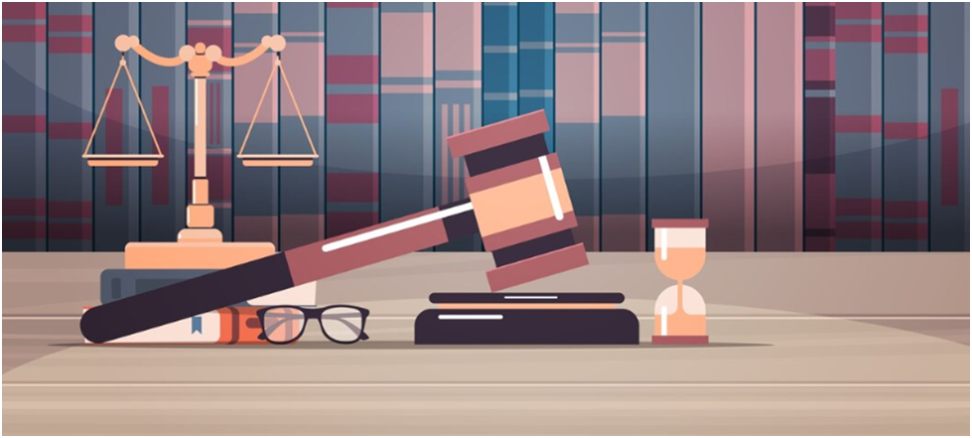The legal landscape can be extensive and full of challenges for the uninitiated. If you require legal assistance, first, you have to find out what type of attorney you must approach. Different types of attorneys have different responsibilities and specializations in their fields.
Let’s have a look at the six different types of lawyers who specialize in different areas of the legal landscape.
1. Bankruptcy Lawyer
Bankruptcy lawyers are experienced in dealing with consumer or commercial bankruptcy concerns and disputes. Consumer cases have to cope with individuals or creditors, whereas commercial cases must cope with commercial institutions or business creditors.
They have in-depth insights into bankruptcy codes to assist their clients in filing cases for bankruptcy and guide them through financial disputes, insolvency issues, and claims. If you’re going to file for bankruptcy, you will also have to restructure your finances in the aftermath. So, it’s best to hire an expert bankruptcy lawyer in your best interests.
2. Estate Planning Lawyer
As the name suggests, estate planning attorneys are competent in estate planning efforts. They guide their clients about property rights and assist in setting up trusts and wills. They can also help you determine the worth of your assets, measure liabilities, and ensure that you can legally manage the transfer of any assets.
The estate planning attorneys are in charge of ensuring all the legal proceedings take place as per the client’s desires and wishes. They know tax laws depending on your estate value.
3. Business or Corporate Lawyer
They serve as legal consultants for businesses and corporations to ensure that all operations are performed efficiently within the boundaries of local, state, and federal lawsuits. Business operations can incorporate mergers and acquisitions, contracts, intellectual property, and patent concerns.
As the majority of business lawyers either work at a corporate law firm or as in-house counsel, you must be familiar with drawing up and inspecting legal documents and dealing with corporate affairs.
4. Family Lawyer
Professional family lawyers navigate family-related matters and domestic disputes. Their duties cover an extensive range of issues and concerns, ranging from child custody and divorce cases to prenuptial agreements.
They are also specialized in other segment of prominence, that including the surrogacy, child welfare, domestic abuse, guardianship, juvenile delinquency, adoption, and many more.
A large percentage of family attorneys either work individually or as a major part of a law agency, so some non-profit organizations collaborate with them to assist weak and overlooked sections of society.
5. Intellectual Property (IP) Lawyer
Intellectual property lawyers guide artists and creative people on how to protect their intellectual capital more effectively. This role necessitates an in-depth knowledge of patenting, branding, and licensing.
Imagine you’d like to register a trademark or a patent. In that scenario, you must have an IP lawyer well-versed in all the procedures and guidelines to protect your intellectual property from infringement in the best possible way.
6. Criminal Defense Lawyer
Criminal defense lawyers advocate for clients accused of unlawful activities as private attorneys or public defenders. They have crystal clear and extensive knowledge of the judicial system so that they can defend their clients at their best.
Their professional responsibilities include ensuring the justice system treats their clients gently during court trials and preserving their rights and liberties during interrogation processes.
Have A Look :-
- Is Capital Goods A Good Career Path?
- Is Steel Or Iron Ore A Good Career Path?
- How Many Jobs Are Available In Electric Utilities Central?

